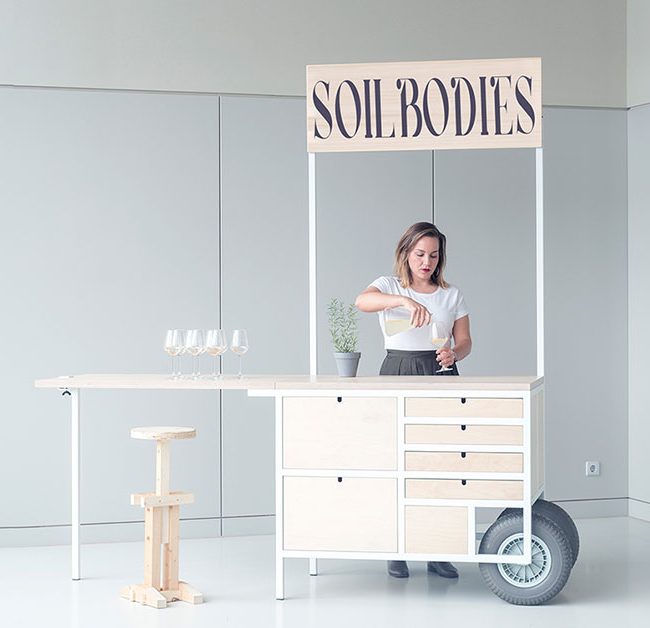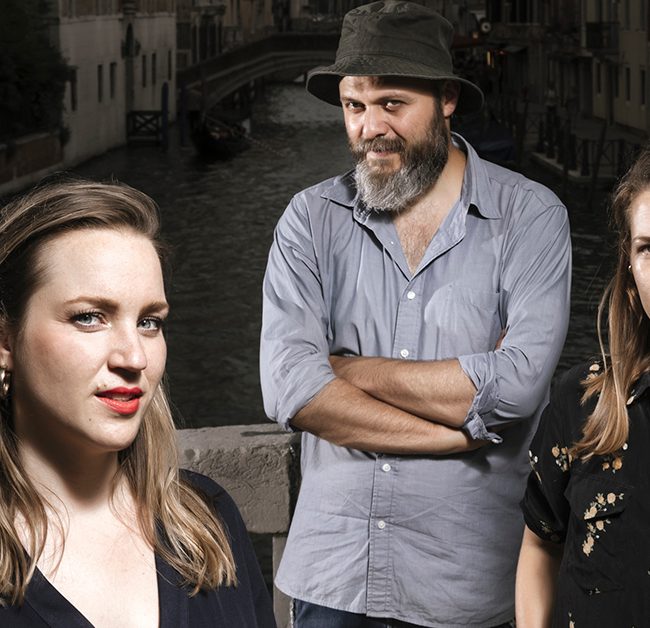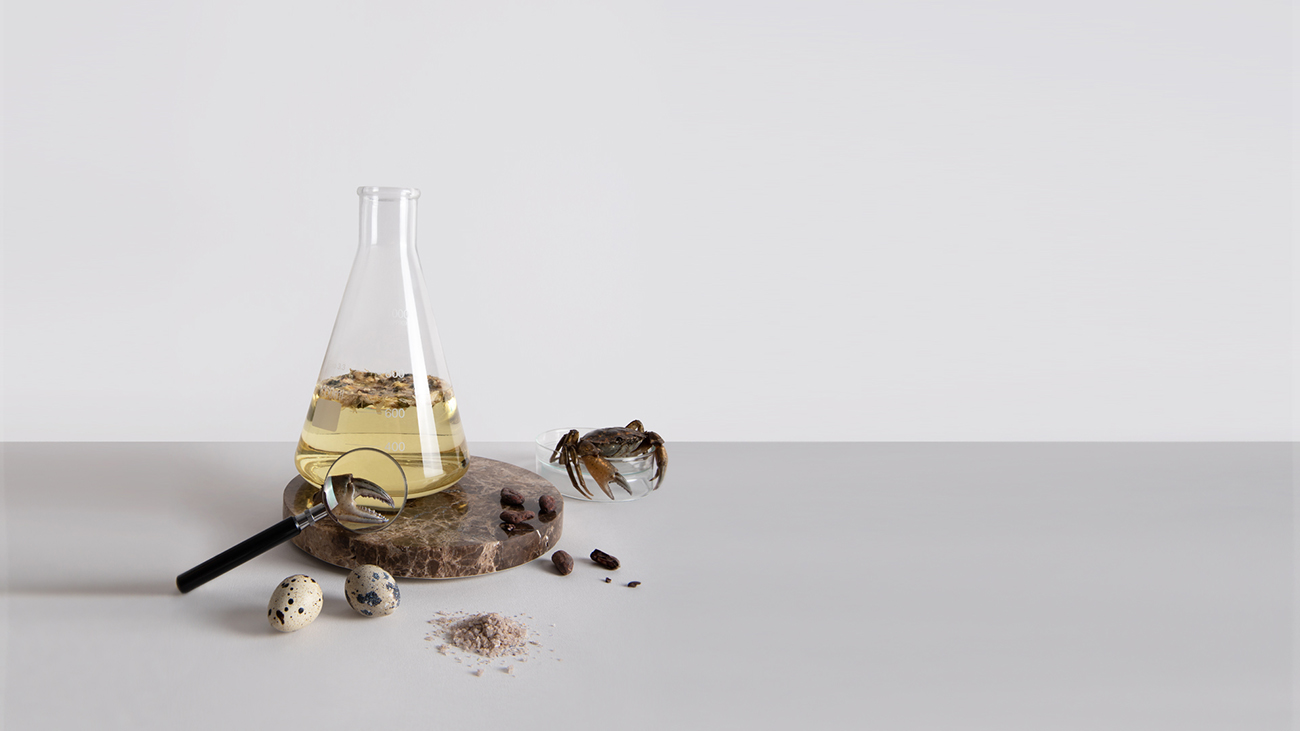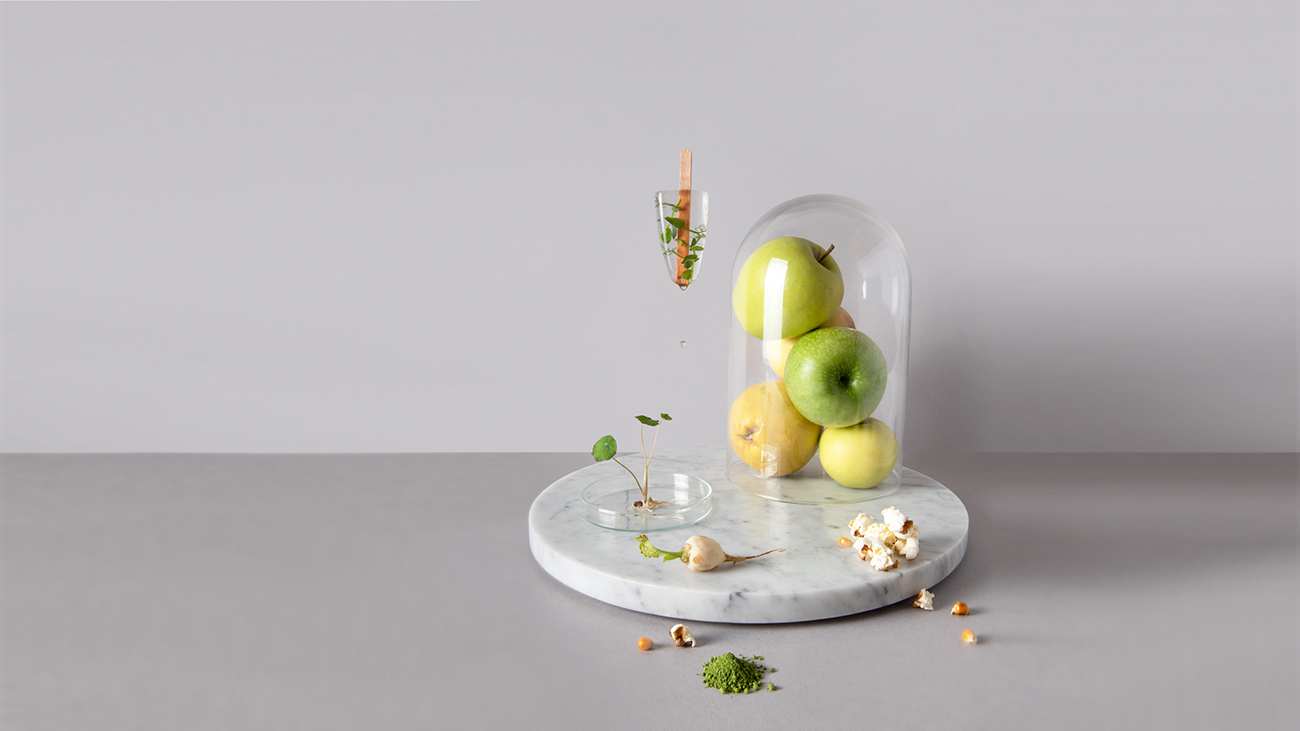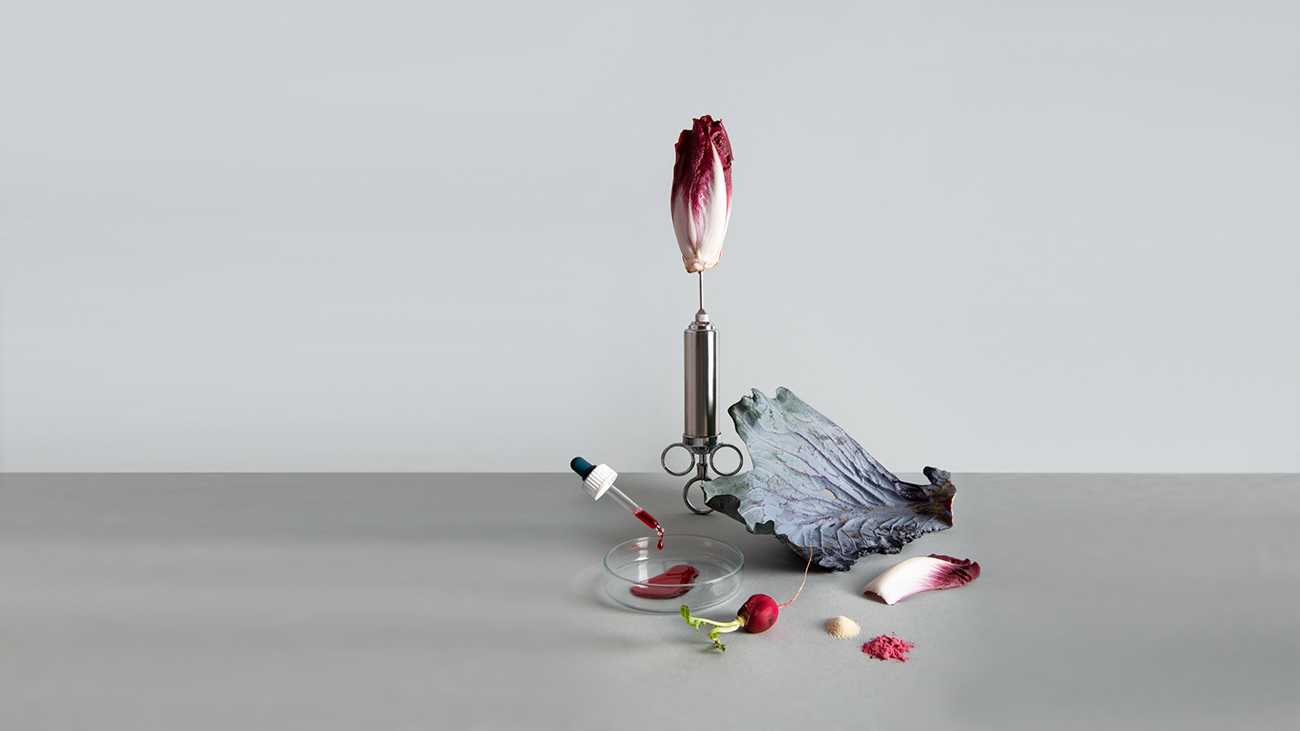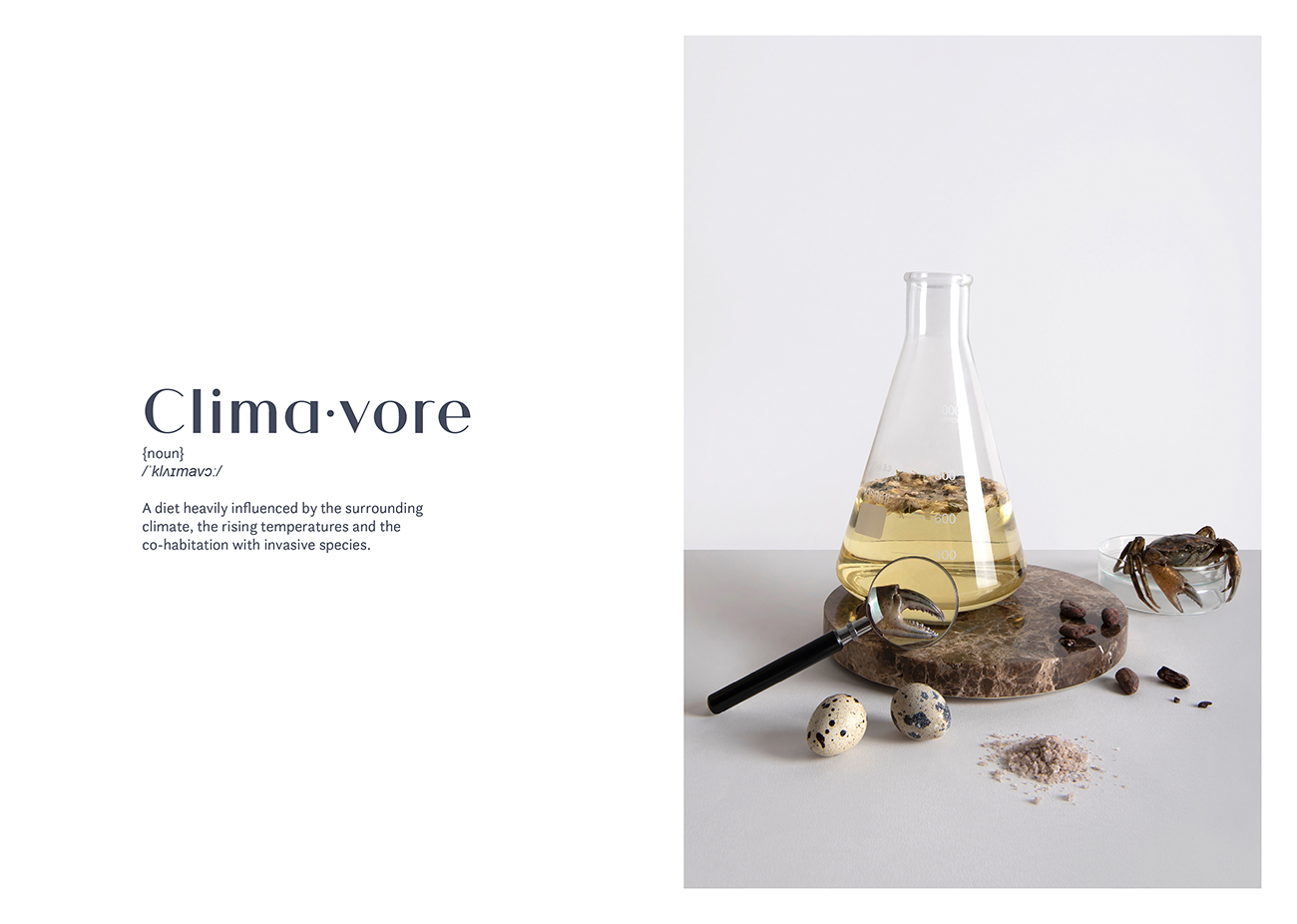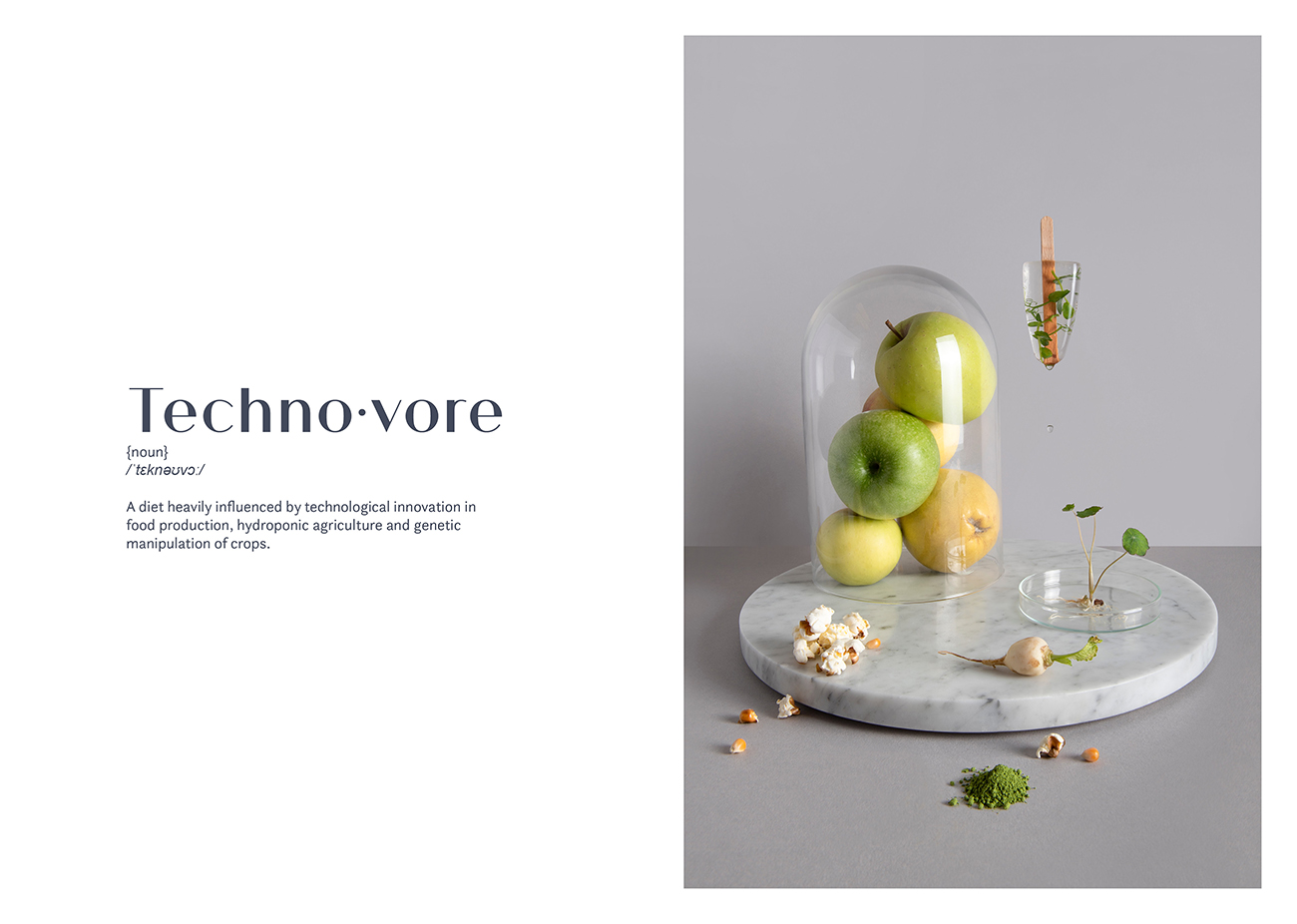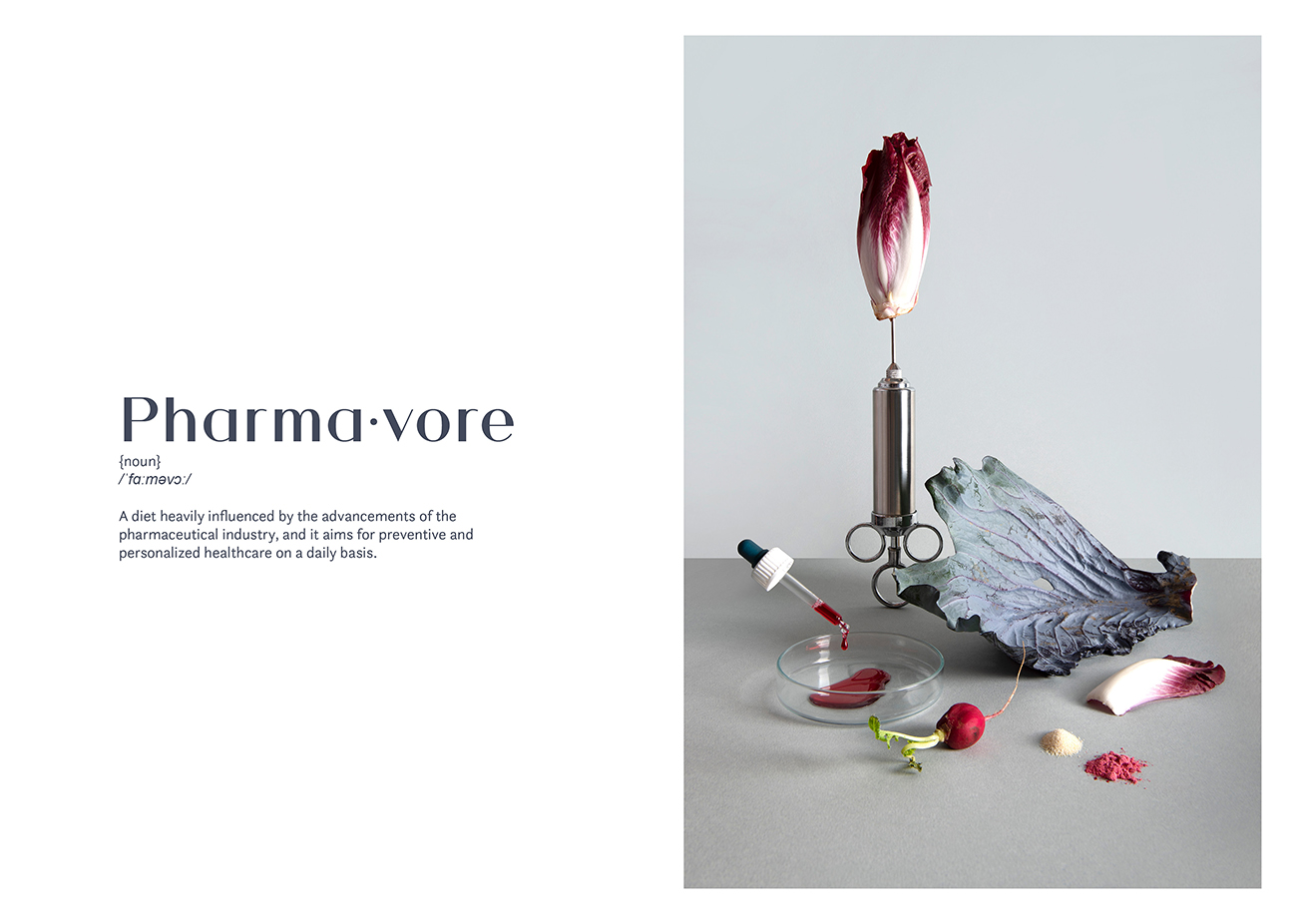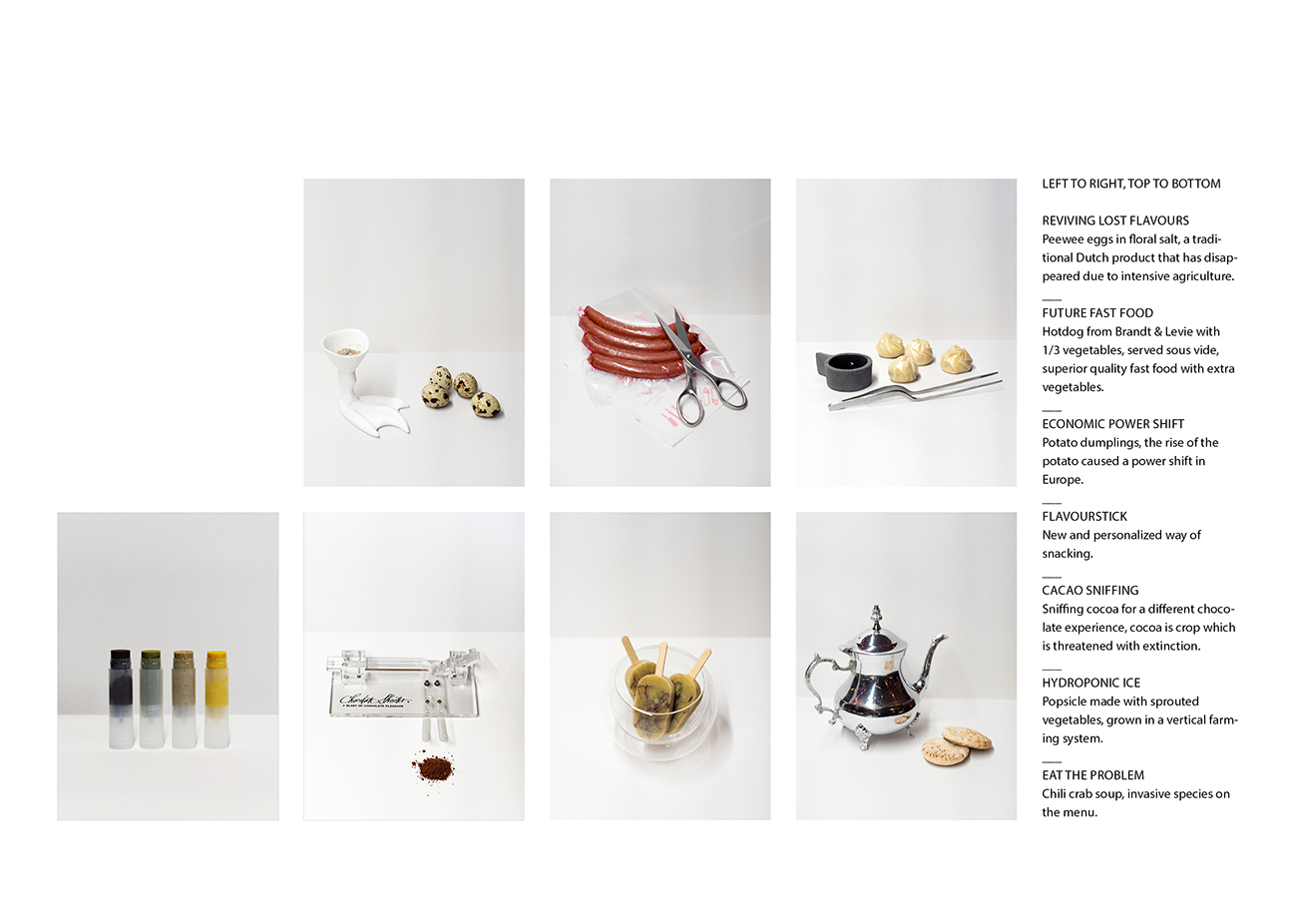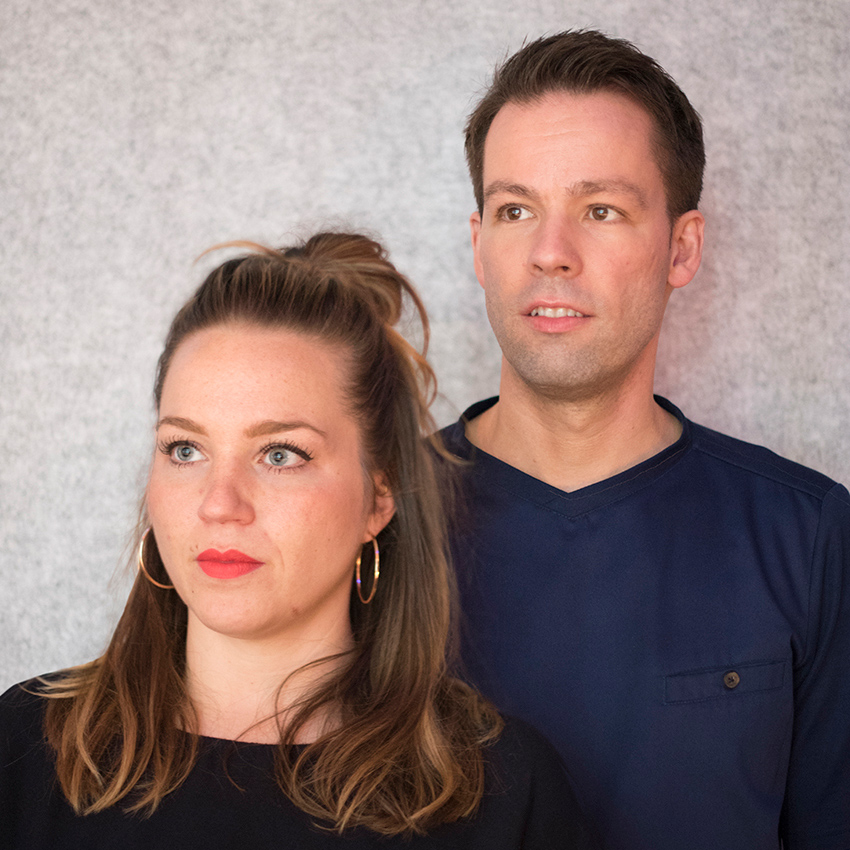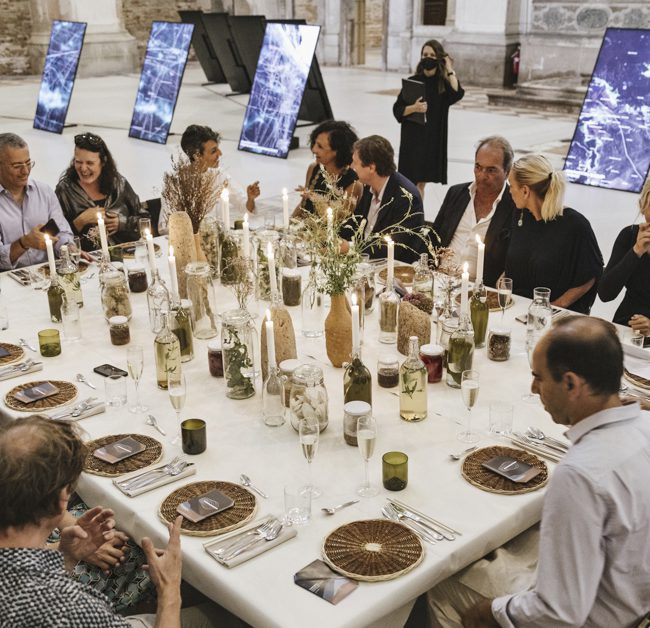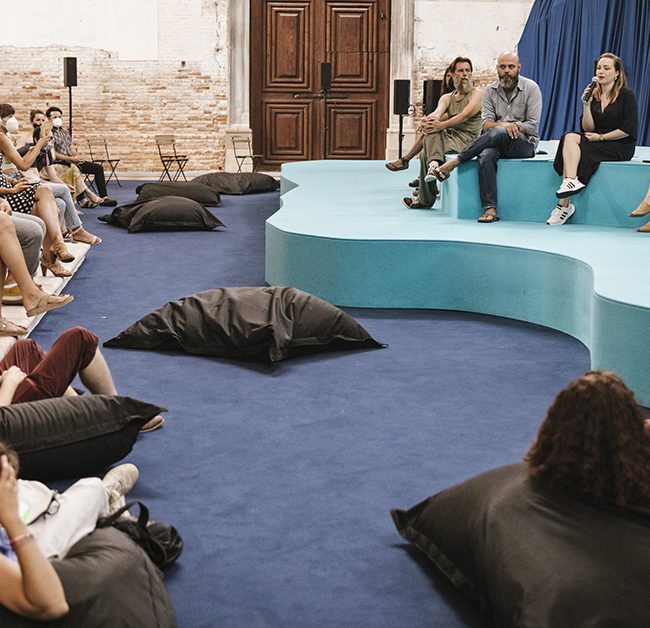Exploring human diets in a rapidly transforming planet.
What effect will the rising temperatures have on the production of common foods? What would happen if we put the invasive species on the menu? Are the tomatoes we can find in the supermarket advanced pieces of technology or still products of natural processes? And could a plant become a brand? Can we hack our brain’s performance with our lunch? What would be the perfect meal in a fast-food world? Can fast food be personalized to our taste? Or could food become medicine? Could we, literally, eat our way out of our problems? And what would that taste like?
Research
The food design project Evolution of the Omnivore: an Experiment of Speculative Gastronomy is a project by food design studio The Eatelier in collaboration with creative chef PIPPENS, in which they aim at revealing and mapping emerging trends in human diets within a rapidly transforming planet.
The project’s intention is to reflect on current problems affecting food production and consumption, and to propose a vision of what human alimentary habits and diets could look like in the future. In this sense, speculative gastronomy has been used as a method for imagining potential food-related developments, and to propose tangible taste experiences to the audiences attending the event.
Evolution of the Omnivore: An Experiment of Speculative Gastronomy is based upon three main areas of intervention, namely climate, technology, and pharma-medical. It uses these categories to expand the common definition of humans as a omnivore species to include the ecological, social, and biological complexity of eating in the 21st century. As a consequence, three diet profiles are proposed, namely the climavore, technovore and pharmavore.
As a consequence, three diet profiles are proposed, namely:
The collaboration:
Food design studio The Eatelier and chef PIPPENS are both independent entrepreneurs and, since 2017, they team up once a year to develop a food design research project into a gastronomic food experience of 18 courses which is presented during Dutch Design Week.
More information on chef PIPPENS can be found at his website: www.PIPPENS.nl


